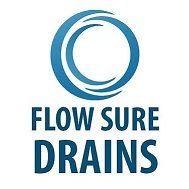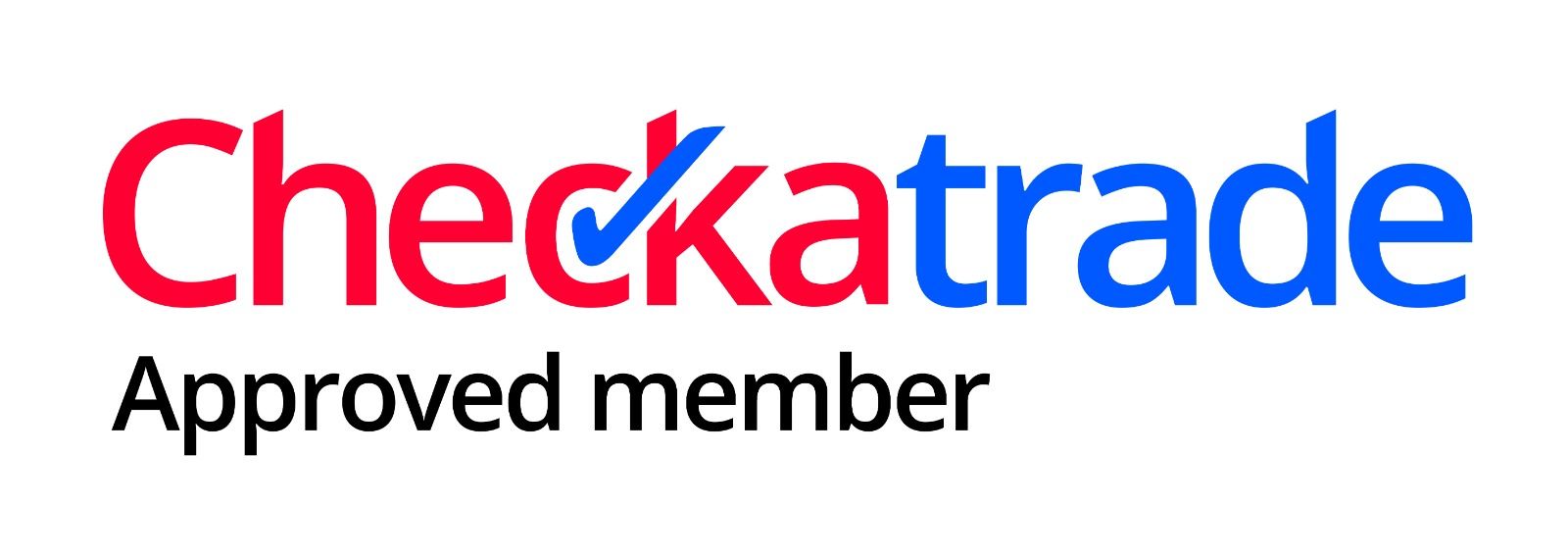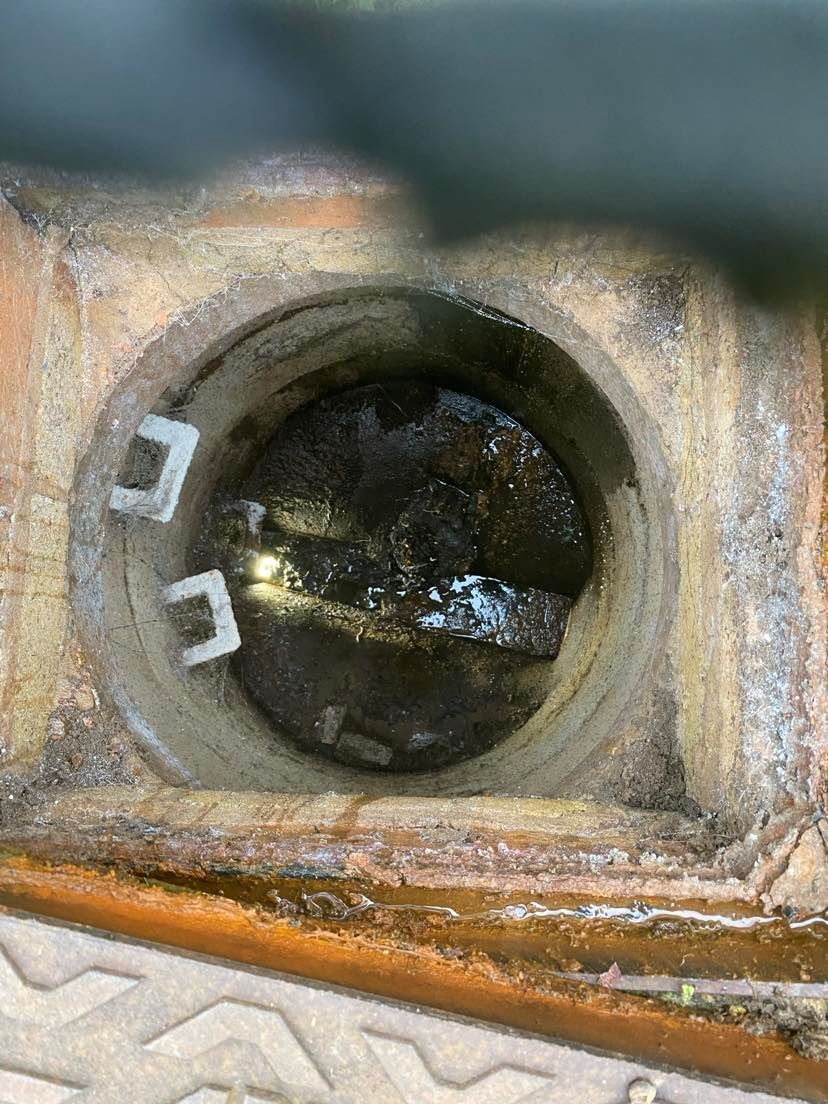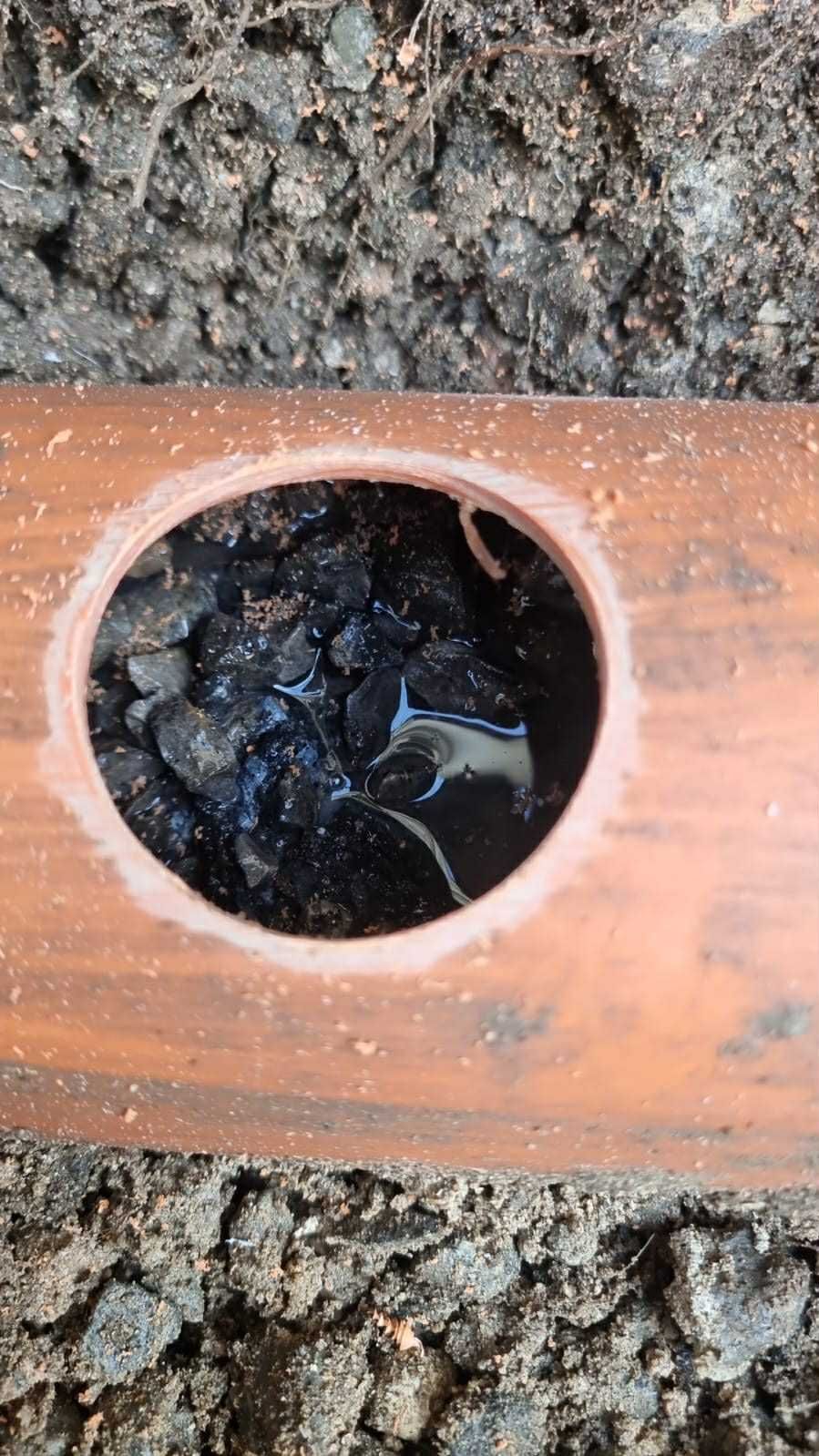How to Avoid Getting Blocked Drains - The Wet Wipe Dilemma!
September 4, 2020
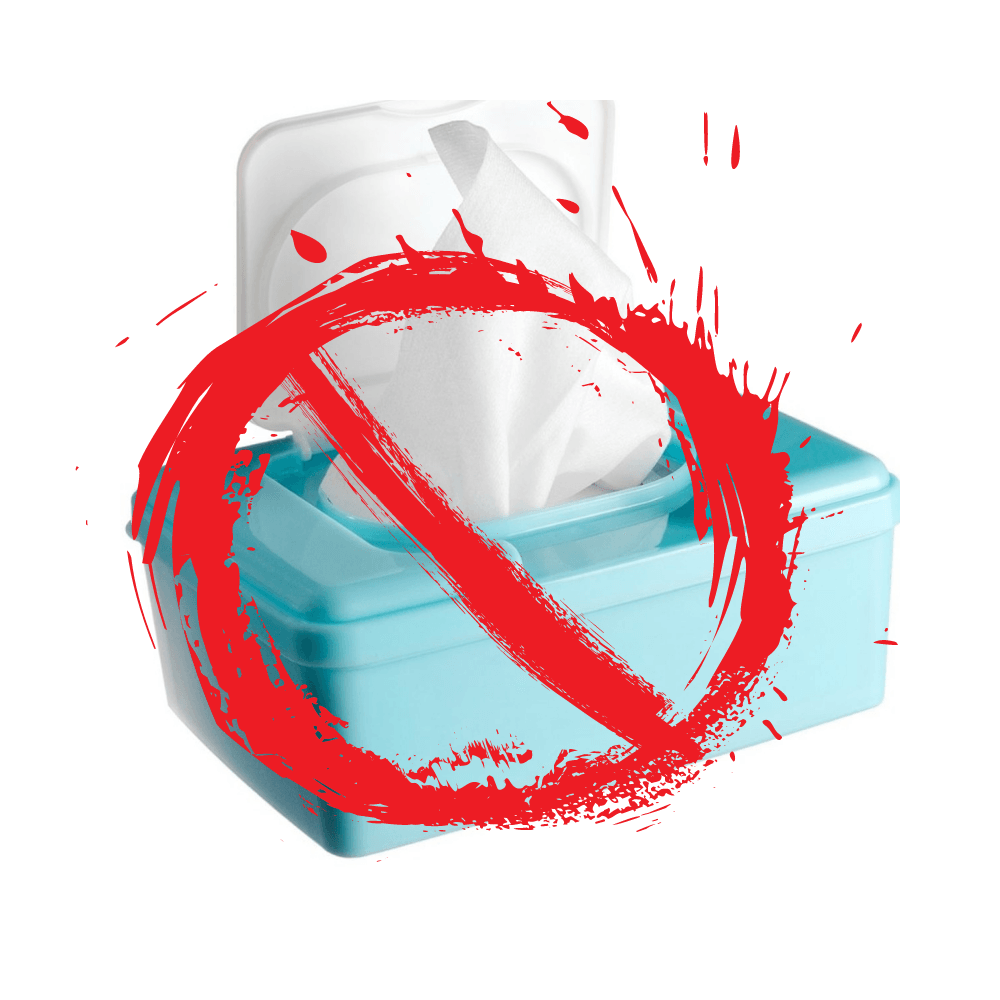
Blocked drains are a nightmare that no homeowner ever wants to be forced to confront. On top of the costly bill that comes along with unclogging them, the odors and mess are the unpleasant icing on the cake. Luckily, for the most part, blocked drains are something that can be prevented with a bit of care.
- The Causes.
Our team at Flow Sure Drains has seen it all when it comes to oddities that end up backing up the plumbing. However, in our experience, most blocked drains in the bathroom come from a single culprit--wet wipes. These handy little wipes can be great for hygiene, but are
awful for your plumbing.
The market these days is flooded (pun intended), with all different types of wet wipes. There are some for your face, some to remove makeup, some for washing your body, some for washing your hands, and yes, the standard ones are for wiping your nether regions. But the
problem lies in the poor claims made by a lot of these manufacturing companies--that they are indeed flushable.
In 2018, the BBC conducted a study
that showed that there are actually no wet wipes on the market that currently pass flushable industry standards. This means that despite being labeled as such, these wet wipes can still wreak havoc on your plumbing in an instant. And let
us tell you, at Flow Sure Drains we have seen it happen far too many times.
The problem with wet wipes is so prevalent, in fact, that the same study showed that up to 93% of all blocked drainage issues in the UK were caused by wet wipes. So, these hygienic devils might be great for cleanliness, but show no kindness to the sewage systems.
- The Prevention.
While we at Flow Sure Drains are more than happy to come out and unblock your drains, the truth is you should probably try to avoid the issue altogether. This means that the best practice in your home or office is to simply bin anything that isn’t toilet paper--or human waste…
Any type of toiletry that isn’t specifically toilet paper should be tossed in the bin instead. Don’t simply rely on the fact that the label states the product might be ‘flushable’. To date, the governments and manufacturing companies are yet to reach a complete agreement on what the term ‘flushable’ should mean. That means that the industry standard does not necessarily mean safe for your pipes. Until that day happens, always err on the side of caution.
- The Follow-Up.
If you have been known to flush your wet wipes from time to time, it might not be a bad idea to have your drains checked. Our team at Flow Sure Drains can perform advanced CCTV checks on your drains to check for any build-up or blockages, and remove them before they become a problem (or even if they already are). We aim to make sure that the people of Bristol, UK, never have to deal with the consequences of the ‘Wet Wipe Dilemma’ as best as we can!
You might also like
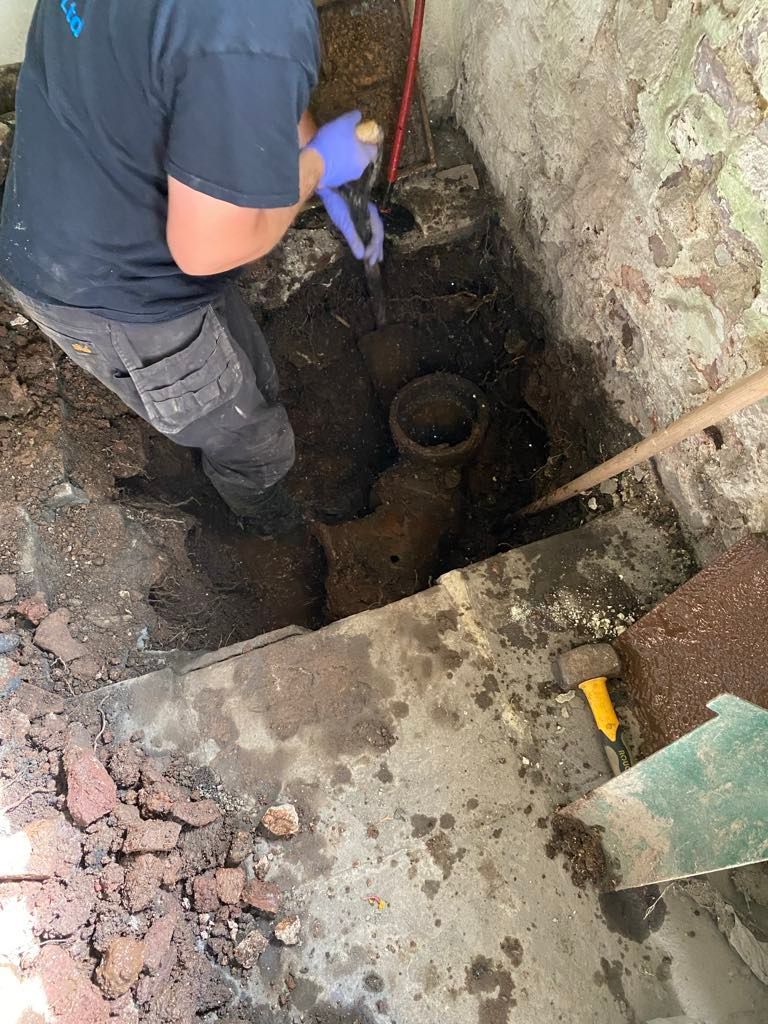
What Are Drain Interceptors — And Why Do They Matter in Bristol? If you own or manage a property in Bristol built before the 1950s, there’s a good chance you’ve got a Victorian drain interceptor buried beneath your feet. And if your toilet’s slow to flush, your kitchen gulley smells, or the manhole’s backing up — that interceptor might be the hidden cause. At Flow Sure Drains , we uncover, inspect, and solve problems caused by these outdated systems every week across Bristol and the South West. 🧱 What is a Drain Interceptor? A drain interceptor (also known as a 'buchan trap' ) is an old-fashioned U-bend-style fitting found in Victorian and early 20th-century drainage systems. It was originally designed to: Stop sewer gases from entering the home Create a water seal between your drains and the public sewer But over time, these traps have become liabilities : They trap debris and grease They’re hard to access and maintain They collapse or become blocked, causing upstream problems in your house 🧰 Signs Your Drain Interceptor is Failing You may not even know you have one until it causes trouble. Watch out for: Persistent foul smells near external drains Toilets gurgling or slow to drain Manhole overflowing, but pipes seem clear Water sitting at the base of manholes Flow Sure Drains uses HD CCTV cameras to locate and inspect old interceptors. In many cases, we find root ingress , blockages , or collapses that have gone undiagnosed for years. ⚙️ Should You Remove or Bypass a Drain Interceptor? In most cases — yes . Interceptors no longer serve a useful purpose in modern drainage networks. Wessex Water and Bristol City Council both permit — and in some cases recommend — their removal or bypass, provided: You use a licensed contractor The replacement connection maintains flow and compliance We can: Excavate and remove the old trap Install a straight-through connection Use no-dig repair (patch lining) where possible Handle Wessex Water permissions where needed "What is a Victorian drain interceptor?" “It’s an old-style U-bend in the main drain system, common in pre-1950s Bristol homes, and often causes blockages today.” "Should I remove my drain interceptor?" “In most cases yes — modern systems don’t need them, and they often cause problems.” "Who removes drain interceptors in Bristol?" “Flow Sure Drains — local drainage experts with no call-out fee, CCTV inspections, and full removal service.” 📍 Why Choose Flow Sure Drains? ✅ Based in Bristol — we know the quirks of local Victorian drainage ✅ No call-out fees ✅ CCTV and no-dig solutions ✅ Emergency response available 24/7 📞 0117 427 4565 🌐 www.drains-bristol.co.uk
